Christianity at the heart of passionate Ukraine resistance
The Ukrainians’ Orthodox faith is what drives their desire to escape Moscow’s oppression.
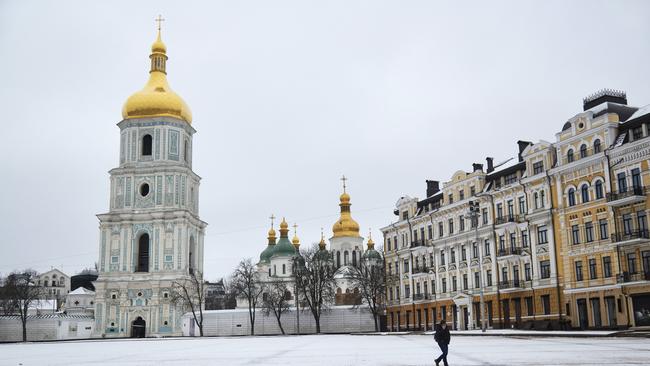
Last week, a Russian Orthodox priest was arrested after giving a sermon that was critical of the Russian invasion of Ukraine. Father Ioann Burdin of the Resurrection Church in Russia’s Kostroma region was detained shortly after his Sunday sermon. According to the Media Zona website, and reports in Britain’s Daily Telegraph, Father Ioann faces charges of committing “a public offence aimed at discrediting Russian armed forces conducting a special military operation” in Ukraine. In his sermon he had told parishioners about “Russian troops shelling Kyiv, Odessa and Kharkiv and killing citizens of Ukraine, brothers and sisters in Christ”.
What is more, his parish had an online petition with a statement condemning the invasion: “We Christians cannot stand idly by when a brother kills brother, a Christian kills Christian. Let us not repeat the crimes of those who hailed Hitler’s deeds in 1939.”
The patriarch of the Moscow-based Orthodox Church, Kirill, has supported the invasion. Kirill has even claimed Russia’s war in Ukraine has a “metaphysical meaning”. Most other senior Russian Orthodox clerics have been silent on the invasion.
So what is the significance of just one priest breaking ranks with the official line of the Moscow hierarchy?
To understand the reaction of the authorities who arrested Father Ioann, one has to understand the part religion plays in eastern European, and specifically Russian and Ukrainian nationalism. Orthodox Christianity is a vital part of the entire cultural mindset of both Ukraine and Russia, and the two churches have always been very close.
Historically, Russia was spiritually joined to Ukraine. Monasteries and churches in Ukraine are as splendid and as culturally important as anything in Russia. The ancient Christian heart of Russia is in Ukraine. Kyiv was its spiritual and cultural centre. It is a much older city than Moscow, and the Kyiv Collegium (later the Kyivan Mohyla Academy) was a major Orthodox centre of learning in the East Slavic world.
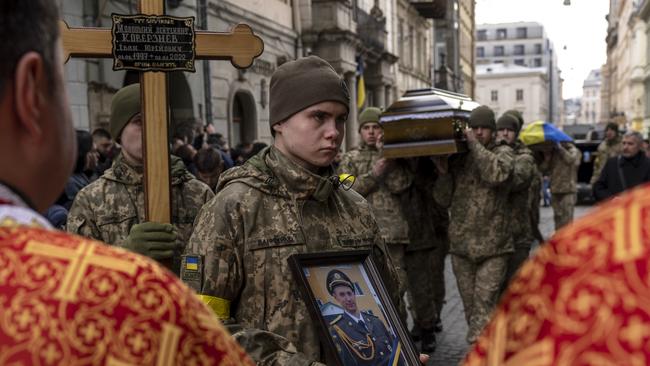
But despite the strong link between the Russian Orthodox and Ukrainian churches, over time, and particularly during the Soviet period, the Moscow-based patriarchy prevailed.
After the fall of the Soviet Union, there seemed to be a flowering of Orthodox Christianity in Russia where state-sponsored atheism was the norm and the church had been paralysed spiritually and materially. Since then, many in the West have been very confused, even shocked, to see Putin himself and Russians from oligarchs to opposition leaders participating in Orthodox ritual and making the sign of the cross. So, what is going on?
The fact is the old Moscow patriarchy was, to a certain extent, a tool of the former Soviet regime. Now it is being used by post-Soviet nationalists, especially Putin, in a totemic way to prop up Russian nationalism.
There is a deep sense of brotherhood between the Russian Orthodox and Ukrainian churches. But, and this is crucial, the church, along with its adherents in Ukraine, does not want to be under Moscow’s thumb.
In struggling out from Moscow’s hegemony, the Ukraine Orthodox Church is turning to the West, as is the country itself. The church is still a Ukrainian nationalist symbol, but it is also now being seen more by today’s Ukrainians as part of civil society, rather than primarily a nationalist symbol. In a decisive move after the 2014 annexation of Crimea, part of the Orthodox Ukrainian church changed its patriarchy to reflect a move away from Moscow. The Orthodox Church of Ukraine was recognised in 2019 by the Ecumenical Patriarch of Constantinople – and Putin was furious.
One might well ask why is religion so important to a despot like Putin? It is because Putin needs a legitimising element in Russian society now that communism and the Soviet Union is gone. Communism was never more than a mirage, but he needs an alternative ideology. It’s Putinism, with an Orthodox face.
The Moscow-based Orthodox Church has thrown in its lot with Putin because it was never really de-Sovietised. It is well known the patriarch Kirill had a close relationship with the KGB, so what passes itself off as Russian Christian Orthodoxy has become a highly politicised civil religion to the detriment of good Russian Christians such as Father Ioann. No matter how often and ostentatiously he blesses himself, Putin uses Christianity and its symbols as an ethno-nationalist totem.
Putin saw the Ukraine break with the Moscow patriarchy as a very big deal. He saw it as part of the ideological move away from Russian-centric Ukraine to European-centric Ukraine. Also, because Ukraine has always been religiously diverse, the Ukrainian church has evolved a more ecumenical outlook than in the past. At least 10 per cent of Ukrainians are Catholics, and there are very close ties forming between the Ukrainian Orthodox and Catholics which have developed to encourage modern civil society. The Greek Catholic church, aligned with Rome, has a very close relationship with the Kyiv Orthodox patriarchy. For Putin, this relationship was far too close for comfort because it meant the Orthodox Church in Ukraine simply ceased to be a symbol of the hegemony of Moscow.
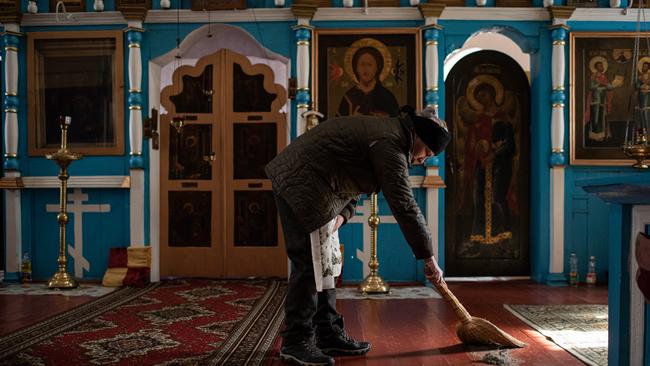
However, the Ukrainian Catholic Church and its Orthodox sister church have a very different view of the place of religion in society from Putin’s Russia. Christians in Ukraine of every stripe are trying to get away from this ethno-nationalist Russian brand of religion. The church in Ukraine realised some time ago it had to back a transition to a more open and tolerant society because Ukraine is religiously and ethnically diverse, but also so that Ukraine can flourish in the modern secular European world – and, more importantly, so Christianity could flourish in a more authentic way, which is especially important for the young. This, as much as their desire to join the EU, is a major cultural fault line between Ukraine and Russia. Young Ukrainians are desperate not to backslide into the former Soviet world. They want to be part of Europe and European culture.
This is not one of those ethno-religious skirmishes that will fade into history. Religion is part of the push by Ukraine to get out from under Moscow’s thumb, and it is part of the justification for Putin’s attempt to use force to bring them back. Many Russians and their clergy know their church is being used by Putin and don’t approve. Older Russians have yet to come to terms with the Soviet past, where fear ruled the lives of Christians. But as the demonstrations against the invasion and Christian dissenters like Father Ioann have shown, dissent is growing. Ukrainian Catholic priest Father Justin McDonnell writes in The Catholic Weekly: “Russians are modern Europeans, connected to the modern world as they are finding out with the financial and diplomatic sanctions levied against Putin. The idea of a hermetically-sealed ‘Russian world’, with its Eurasianist mythology, is a fantasy.”




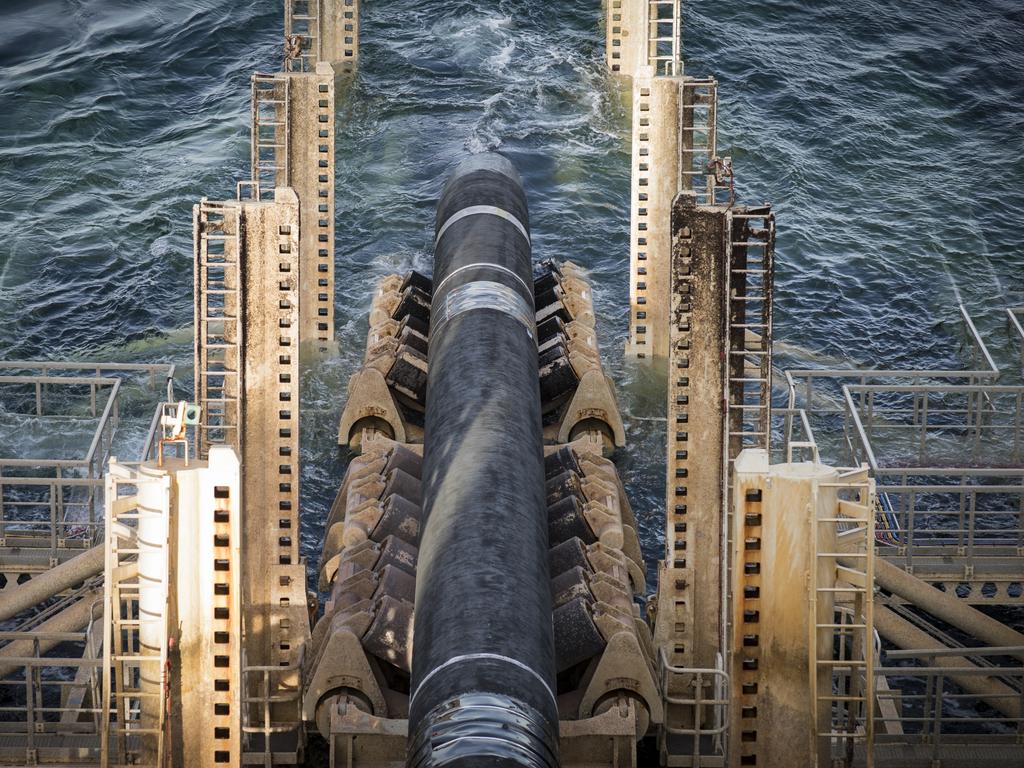

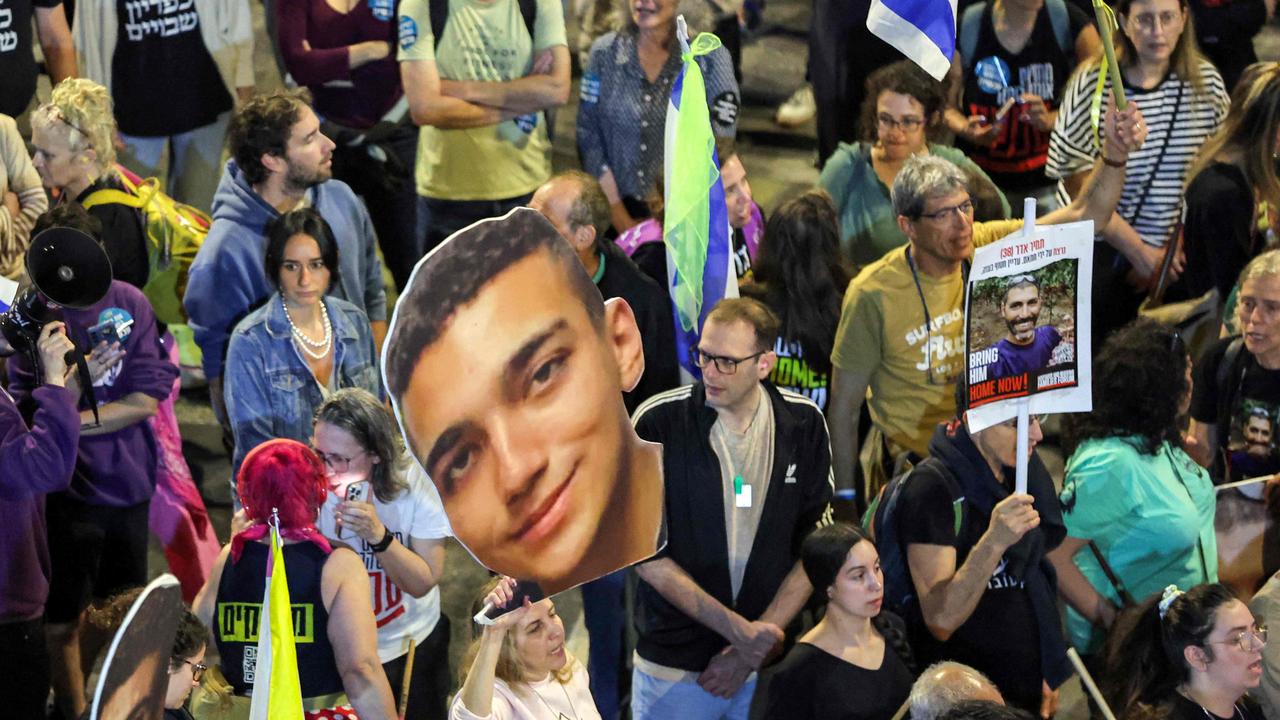
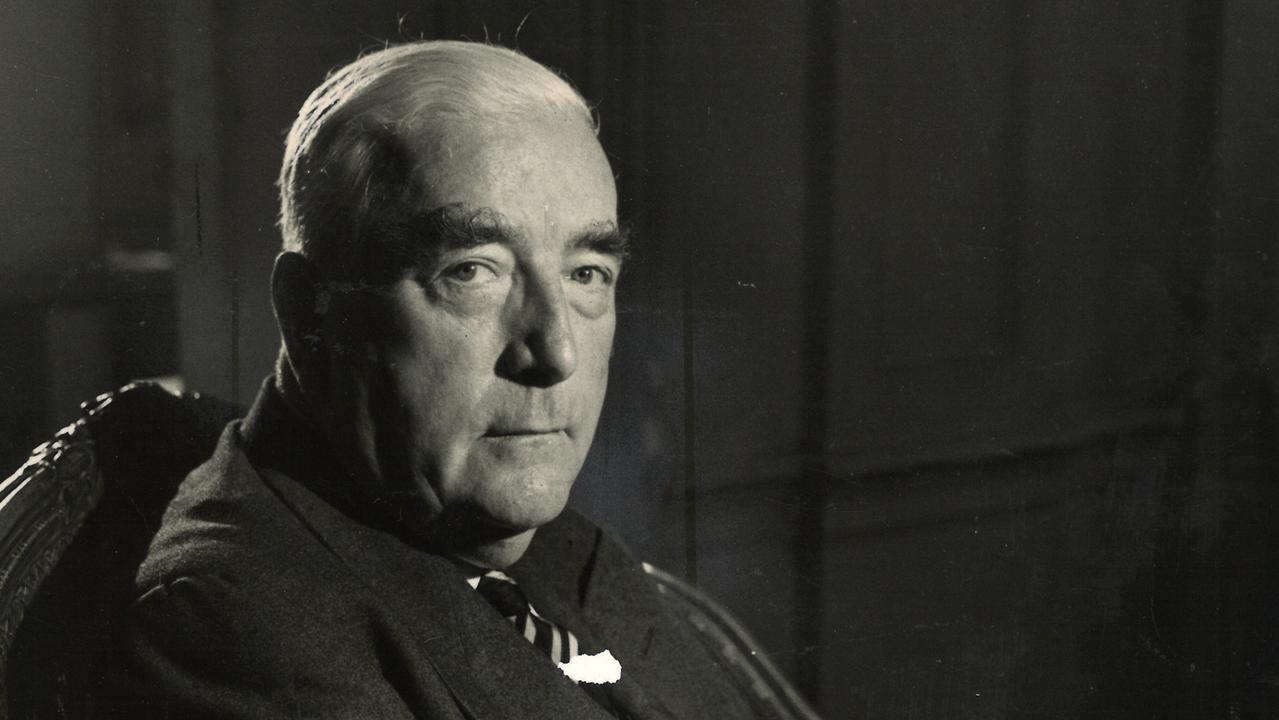
The role religion plays in the background to the Ukraine/Russia war is vital. No one trying to untangle the historical and the cultural baggage behind this conflict can ignore it.